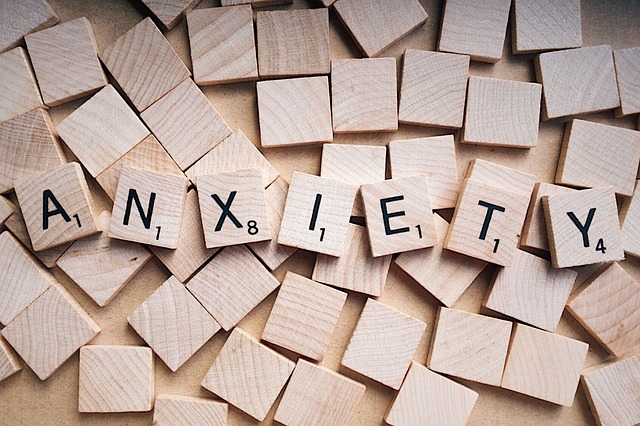
If you are reading this, you might be wondering how to cope with anxiety. It can be easy to think that anxiety is something we need to try and cure, when actually we will all experience anxiety in our lives. Anxiety is an emotion which exists to protect us…in day to day life it will help us perform well in exams and work. It keeps us alert for danger.
How might anxiety affect me?
There are of course times when it might be out of hand and taking over our lives, and that is not normal. For young people it may show up as school refusal, stomach ache, being really irritable and over reacting to small things. As an adult it may keep us in a state of high alert all the time making us short tempered at home and at work, waking us up in the night, maybe even stopping us from doing normal everyday activities.
What can cause excess anxiety?
The anxiety might stem from a previous experience that you are not aware of. Our brains are pattern matching organs, we learn through completing patterns in the environment, so it maybe that we have got a negative pattern match – a humiliation in front of a crowd in an presentation, a teacher shouting at you unnecessarily or some similar. Once humiliated, when you put yourself in-front of a crowd your brain will sense danger making you feel anxious.
Another cause could be an overuse of our imagination. Humans are blessed with an imagination which can help us to create our future. It can also be used negatively and cause us imagine things that haven’t even happened, and the more we worry, the worse the anxiety goes on and we find ourselves on a worry train.
What can I do?
First of all make sure you are looking after your basic needs such as food 🍱 , water 💦 and exercise.
Focus on your sleep. If you have lots of worries it can affect your sleep, making it hard to drop off or causing you to wake early. Lack of sleep will make it harder to control your emotions, and it will affect your motivation.
Focus on your breathing, try to slow it down and make your out breath last longer. This will calm you down physically and also help you to think more clearly.
Write down your worries or start to recognise when an anxious thought is coming in and try to dismiss it. This is the stop – acknowledge – challenge – dismiss approach to managing anxiety.
Do something regularly to relax.
If you want to speak to someone about anxiety why not get in touch?
